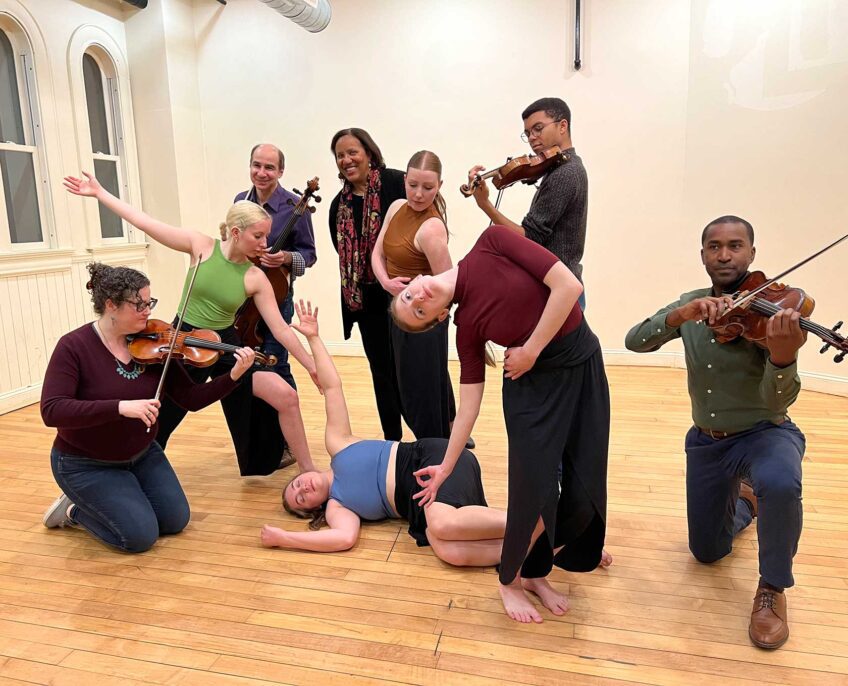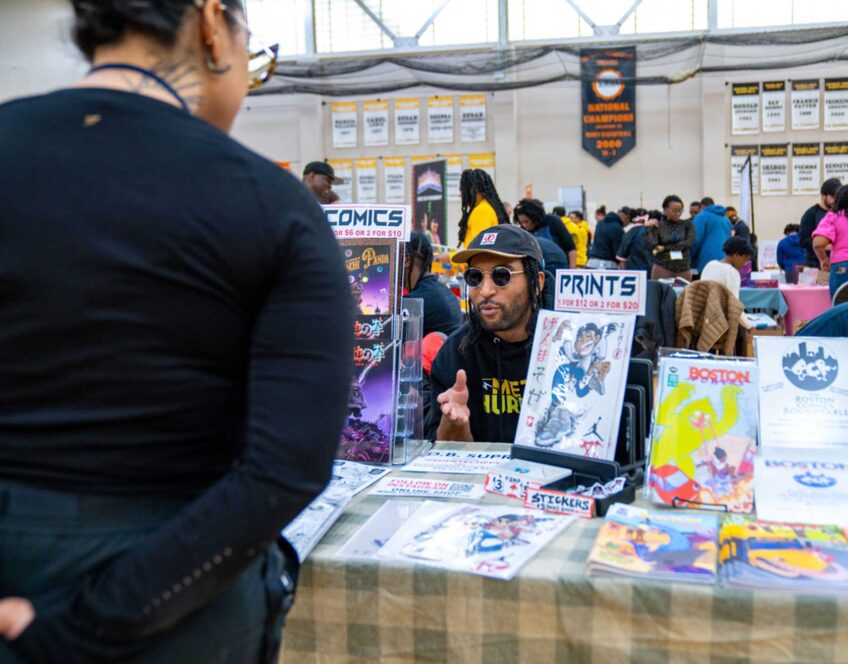To celebrate Black History Month, the Cambridge Jazz Festival will feature vocalist Gabrielle Goodman with saxophonist Walter Beasley on Sunday Feb. 19. The duo will pay tribute to Johnny Hodges, a Cambridge native known for his work as a solo saxophonist in Duke Ellington’s Big Band. All proceeds from the event go toward the Johnny Hodges scholarship fund and keeping the 2017 Cambridge Jazz Festival free.
Boston holds a storied jazz history. A teen-aged Malcolm X, after moving from mid-Michigan to Roxbury, used to work as a shoeshine boy on the stretch of Massachusetts Ave between Huntington and Columbus, the jazz center of the ‘40s. Joints like the Roseland Ballroom, the Savoy and the still-popular Wally’s belted the bluesy sounds of Charlie Parker and Miles Davis. Though Hodges was living in New York during this period, he frequently performed in his Boston hometown with Duke Ellington’s Big Band.
Walter Beasley moved to Boston at a young age and cut his teeth at Wally’s. “When I came to Boston you had a club every three or four blocks. I was able to take advantage of some great musicians here,” he says. He notes that the music scene in the city has changed dramatically, with fewer venues for emerging musicians to play at.
In many ways, Beasley is like Hodges, whom he says is one of his favorite saxophonists.
Born in Cambridge and raised in Boston, Hodges began his musical career as a self-taught pianist and drummer. He moved to the saxophone after seeing Sidney Bechet play in a local burlesque show and now is regarded as one of the definitive alto-sax players of the big band era. Both men honed their skills on the streets of Boston, and drew inspiration from the rich culture of the black communities in Roxbury, Mattapan and the South End.
For Beasley, jazz is about connecting with people on an individual level. He prefers more intimate venues like the Abundant Life Church, where the Sunday concert will be held. “When you hear something that makes you move, it’s very difficult to put into words,” he says. “Art speaks to people directly.” This connection especially is important for him in representing African American art. Beasley says that the people who grew up in that culture have a much deeper understanding of the work created by black artists. That understanding can be translated through personal connection.
The Johnny Hodges tribute is a nod not only to black artists but to the history of African American art in Boston. Beasley says, “Jazz music is an expression of African American culture. It makes me proud that we as a people have overcome, and we used the arts to do it.”




![Banner [Virtual] Art Gallery](https://baystatebanner.com/wp-content/uploads/2024/04/NJ-H_1-713x848.jpg)

